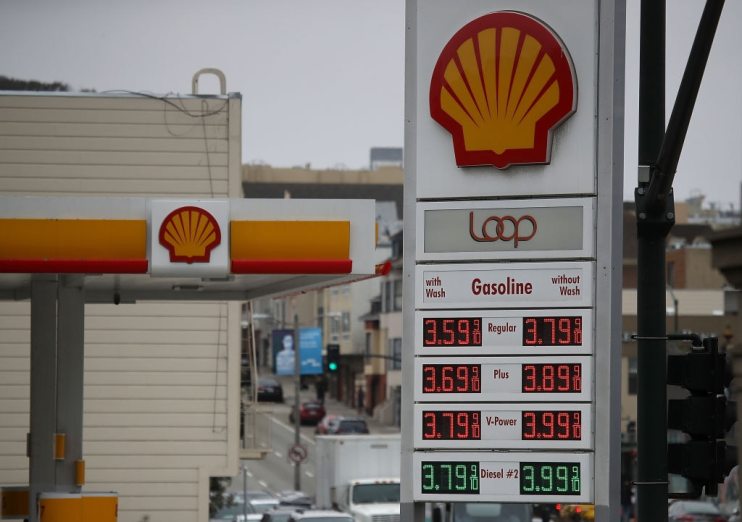Shell hits back as activist Loeb calls for breakup

Under-fire energy giant Shell yesterday shot down suggestions from US hedgie Daniel Loeb’s Third Point that it should split up its divisions.
CEO Ben van Beurden warned the activist intervention could derail the FTSE major’s climate transition plans.
His defensive move follows Third Point acquiring a $750m majority stake in the company, while pension fund ABP has decided to divest its entire £12.7bn allocation away from fossil fuels, including its stake in Shell.
The Shell boss said recent developments were ‘disappointing’ and would not make ‘any positive difference’ as the global economy looks to divest from fossil fuels over the coming decades.
Van Beurden was concerned hedge funds have a ‘different philosophy’ to Shell’s established investors.
The Wall Street raider has called for Shell’s break up to enhance its performance and market value, while ABP is divesting from fossil fuels to help contain global temperature rises to 1.5 degrees.
He said: “We prefer to have long-term investors in our share base with whom we can talk about our strategy, who we can dialogue with on how to tune it up.”
Van Beurden stressed that Shell believed its integrated business model offered the best chance of success.
He argued: “Without companies like us, with our skills, scope and scale to convert the energy system to a cleaner and lower-carbon energy system, I think you can safely say the energy transition is going to be a whole lot more difficult.”
Iain Pyle, investment director at Abrdn, one of Shell’s top 10 largest shareholders, told Reuters he would probably not support Loeb’s campaign.
“There are few companies out there where I would imagine the divisions are as kind of interlocked and as as interwoven as they are at Shell,” Pyle said.
“The upstream feeds the trading business, feeds the refinery, feeds the chemical plant, feeds the retail arm, and breaking it apart is quite tough.”
The company is currently under fire in the US – with president Gretchen Watkins testifying yesterday before a critical congress amid accusations oil companies mislead the public about climate change.
More surprisingly, Shell has also reported underwhelming financial results, as its adjusted earnings slipped 25 per cent to $4.1bn in its third quarter unaudited results.
Soaring wholesale prices for natural gas and multi-year highs for oil were expected to drive energy giants to profit bonanzas.
The energy giant blamed earnings dive on adverse one-off tax impacts, alongside Hurricane Ida which struck the US over the summer and pushed lower production volumes.
On a more positive note, the energy giant’s net debt also shrank to $57.4bn in the quarter, while free cash flow increased to $12.2bn.
Shell has also reinstated an interim dividend of $0.24 per ordinary share today, following stakeholders’ losses.
It has also strengthened its climate commitments pledging to reduce absolute emissions from its own operations, known as scope 1 and scope 2, by 50 per cent by 2030 compared with 2016 levels.